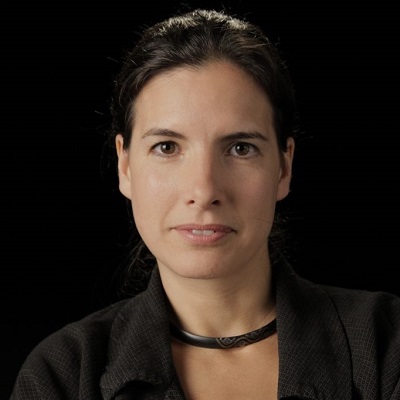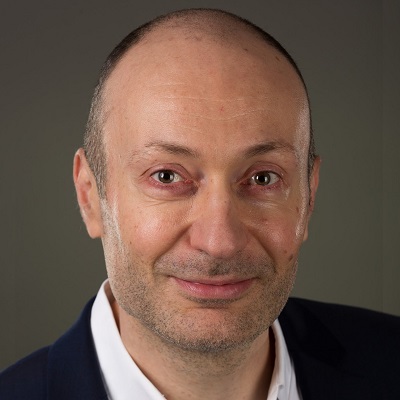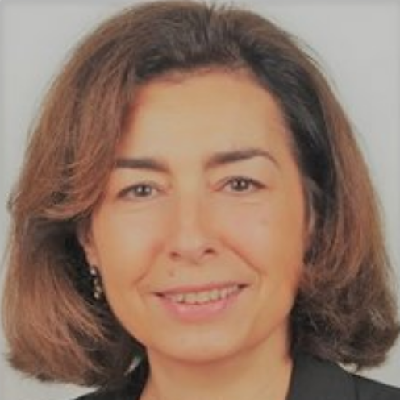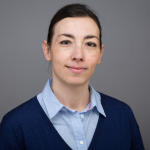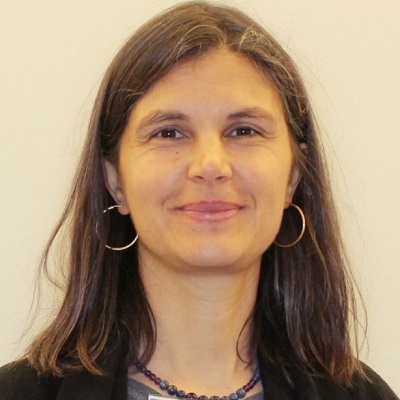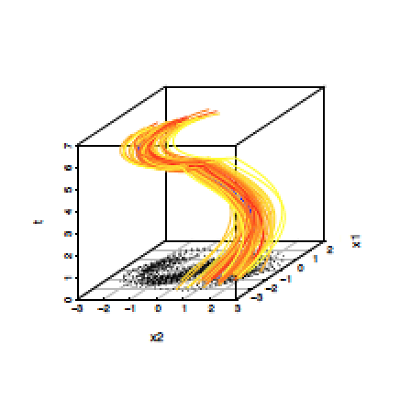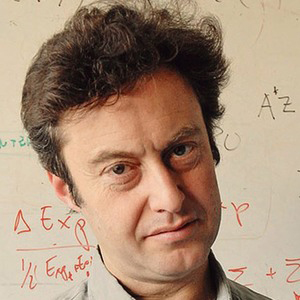Julien Combe invité de la Conférence en ligne Paris II Panthéon Assas – 29/03/2021
Webinaire “La finance à impact : effet de mode ou tendance de fond de la finance durable ?”
Online seminar with Patricia Crifo – March 25, 2021 – 3 hrs
Béatrice Cherrier a reçu la Médaille de bronze du CNRS 2021
Béatrice Cherrier was awarded the CNRS Bronze Medal 2021
The Bronze Medal recognizes the first works of researchers who are specialists in their field. This distinction represents an encouragement from the CNRS to pursue research that is already well underway and fruitful.
Béatrice Cherrier is an historian of economics, a CNRS researcher, affiliated with CREST, and an associate professor at École Polytechnique.
Through a comparative analysis of the lives and work of Gunnar Myrdal, Milton Friedman and Jacob Marschak, her dissertation, conceived as an inquiry, studied the coherence between the science and politics of economists.
Her overarching research agenda is to understand the perceived rise of applied economics since the 1970s. In collaboration with other researchers, she is investigating how the rise of computers has changed the practices of economists, how economists individual visions combined in the development of the MIT economics department.
Through an INET grant, Beatrice Cherrier was able to set up her project, which aims to compare the dynamics of various applied fields.
In more recent work, she is studying the rise of applied economics, such as the rise of empirical work in urban economics, public economics, and macro econometric modeling, beginning in the mid-1960s. She has also studied changes in the classification of economic publications over time.
« While macroeconomics largely shapes the public image of economists, I believe that their methods, institutional ecologies and incentive systems are increasingly affected by the rise of mechanism and market design. I’m trying to get a clearer picture of this trend. » Béatrice Cherrier
She is currently working on the applied models economists developed in central banks, in particular at the Bank of England. She also studying the effects of the rise of applied economics on the status and representation of women in economics, and the credit they have received for their empirical work since World War II.
https://www.cnrs.fr/fr/personne/medailles-de-bronze-2021
https://beatricecherrier.wordpress.com/about/
Bertrand Garbinti nominé « Personnalité qualifiée, membre de la formation spécialisée dans le champ de la famille » au HCFEA
Frédérique Bec nommée membre du Comité de datation des cycles de l’économie française
Anna Simoni appointed Associate Editor of the Journal of Econometrics
How to anticipate the impact of a massive cyber attack?
Research Brief of Caroline Hillairet in Economy and Sociology – December 2020
How can depth of data help solve a neuroimaging problem?
Research Brief of Myriam Vimond in Data Science – December 2020
Prof. Francis Kramarz Elected as Society of Labor Economists Fellow
June, 2019
Professor Francis Kramarz has been named a fellow of the Society of Labor Economists (SOLE). The honorary title is given to those who have made “contributions of unusual distinction” to the field of labor economics.
Among these contributions are Kramarz’s work with John Abowd (Cornell and Census) and Margolis (Paris I, CNRS) for the analysis of Linked Employer-Employee data and the so-called AKM model of compensation. This line of research has had an important impact on labor economics as well as fields where bipartite graphs are analyzed (students and schools, patients and hospitals…). Kramarz was also a pioneer in connecting labor markets outcomes with product market competition, including international trade, or in the study of the French minimum wage.
“I am honored to be elected a fellow of the Society of Labor Economists,” Kramarz said. “It is particularly significant to be recognized by the leaders in one’s primary field of research, the existing fellows of the Society.” Indeed, Kramarz is the second French labor economist to receive this distinction (with P.A. Chiappori being the first).
Kramarz, along with Professor Alexandre Mas (Princeton University), was elected by the current SOLE fellows for their career achievements, and their election was announced in the plenary session of the 2019 SOLE Meetings on May 3 in Arlington, Va.
For more information click here.
Workshop on Political Economy
CREST – Ecole Polytechnique – ENSAE
April 4, 2019
Workshop on Political Economy
Organizers: Pierre Boyer, Yukio Koriyama, Alessandro Riboni and Clémence Tricaud
Address: CREST 5, avenue Henry Le Chatelier 91120 Palaiseau, How to come?
Rooms: 1002 & 1003 (first floor)
9:30 Welcome Coffee
10:00-10h45 Quoc Anh Do (Sciences Po): “Friendship Networks and Political Opinions: A Natural Experiment among Future French Politicians”, with Yann Algan, Nicolò Dalvit, and Yves Zenou
10:45-11h30 Ekaterina Zhuravskaya (PSE): “Diffusion of Gender Norms: Evidence from Stalin’s Ethnic Deportations”, with Alain Blum and Alexandra Jarotschkin
11:30-11:45 Coffee break
11:45-12h30 Clémence Tricaud (CREST): “Better Alone? Evidence on the costs of intermunicipal cooperation”
12:30-13h15 Marc Sangnier (AMSE): “Political connections and insider trading” with Thomas Bourveau and Renaud Coulomb
13:15-14:15 Lunch break
14:15-15:00 Benjamin Marx (Sciences Po): “Revolving Door MPs: Politician Turnover and Failed Accountability in Africa”
15:00-15h45 Yukio Koriyama (CREST): “The winner-take-all dilemma” with Kazuya Kikuchi
15:45-16:00 Coffee break
16:00-16:45 Allan Drazen (University of Maryland): “Reciprocity versus Reelection: Theory and Experiment”, with Prateik Dalmia and Erkut Ozbay
End of the Workshop
List of participants
Laurent Bach (ESSEC)
Guidogiorgio Bodrato (CREST)
Pierre Boyer (CREST)
Julia Cagé (Sciences Po)
Micael Castanheira (ECARES)
Gwen-Jiro Clochard (CREST)
Pierre-Edouard Collignon (CREST)
Sébastien Courtin (U Caen)
Allan Drazen (University of Maryland)
Quoc-Anh Do (Sciences Po)
Brice Fabre (PSE-IPP)
Germain Gauthier (CREST)
Jean-Michel Grandmont (CREST)
Daniel Hernández (CREST)
Helios Herrera (Warwick University)
Yukio Koriyama (CREST)
Quentin Lippmann (PSE)
Paul Maarek (U Panthéon Assas)
Benjamin Marx (Sciences Po)
Mickael Melki (Paris School of Business)
Matias Nunez (U Paris Dauphine)
Alessandro Riboni (CREST)
Marc Sangnier (AMSE)
Emilie Sartre (CREST)
Clémence Tricaud (CREST)
Alain Trognon (CREST)
Ekaterina Zhuravskaya (PSE)
You could download the program here.


